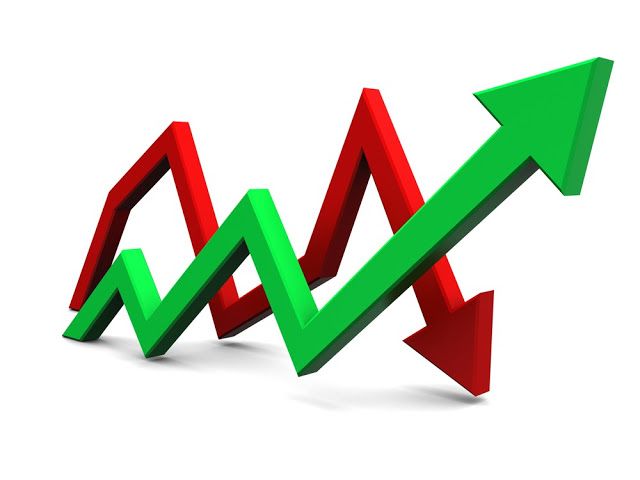Predicting the stock exchange has always fascinated investors, economists, and data scientists alike. While no one can accurately predict stock prices with 100% certainty, modern tools, data analysis, and economic theories help traders make informed predictions about market movements. Let’s explore how someone can attempt to predict the stock exchange using a mix of traditional analysis and modern technology.
1. Understanding Stock Market Behavior
The stock market is influenced by multiple factors — economic conditions, company performance, political stability, global events, and even public sentiment. Predicting it starts with understanding these dynamics and how they impact market trends. For example, strong GDP growth or corporate earnings often lead to bullish markets, while inflation, wars, or recessions can trigger bearish trends.
2. Fundamental Analysis
Fundamental analysis involves evaluating a company’s financial health and market position.
Key factors include:
-
Earnings reports – Higher profits usually increase stock value.
-
Revenue growth – A consistent increase indicates business expansion.
-
Debt levels – Too much debt can make investors cautious.
-
Industry trends – Understanding sector performance helps in long-term predictions.
Investors like Warren Buffett rely heavily on this method to identify undervalued stocks with long-term potential.
3. Technical Analysis
Technical analysis focuses on price patterns and market trends rather than company fundamentals. It uses charts and indicators such as:
-
Moving averages (MA)
-
Relative Strength Index (RSI)
-
MACD (Moving Average Convergence Divergence)
-
Candlestick patterns
Traders use these tools to identify buying or selling opportunities based on historical price behavior.
4. Sentiment Analysis
Market sentiment — the general mood of investors — plays a huge role in stock price movements. With the rise of social media and online forums, traders use sentiment analysis tools to gauge public opinion about a company or the overall market. Platforms like Twitter, Reddit, and financial news sites often influence short-term trading decisions.
5. Machine Learning and AI in Stock Prediction
Today, Artificial Intelligence (AI) and Machine Learning (ML) have revolutionized stock prediction. Algorithms can analyze massive datasets, identify patterns, and make predictions faster than humans.
AI models consider:
-
Historical stock data
-
News sentiment
-
Economic indicators
-
Social media trends
However, while AI can improve prediction accuracy, it still cannot eliminate uncertainty caused by unpredictable events (like a pandemic or political crisis).
6. Economic Indicators and Global Events
Economists also rely on macroeconomic indicators such as inflation rates, interest rates, unemployment figures, and GDP growth to forecast market trends. For example:
-
Rising interest rates often cause stock prices to fall.
-
Government spending can boost certain industries.
-
Global events like oil price changes or trade wars can shift entire market directions.
7. Limitations of Stock Market Prediction
Despite advanced tools and methods, the stock market remains inherently unpredictable. Factors like investor psychology, sudden policy changes, or global disasters can change market conditions overnight.
Even experienced traders emphasize risk management — using stop-loss orders and diversification — instead of trying to predict every move.
8. The Smart Way Forward
Rather than aiming to predict the exact movement of the market, successful investors focus on:
-
Long-term investment strategies
-
Portfolio diversification
-
Staying updated with global news and trends
-
Learning continuously about market behavior
Conclusion
Predicting the stock exchange isn’t about finding a magic formula — it’s about combining data, logic, and discipline. By using fundamental and technical analysis, integrating AI tools, and keeping an eye on global trends, anyone can make educated predictions and manage their investments wisely. The key lies not in perfect prediction but in smart decision-making and risk control.

